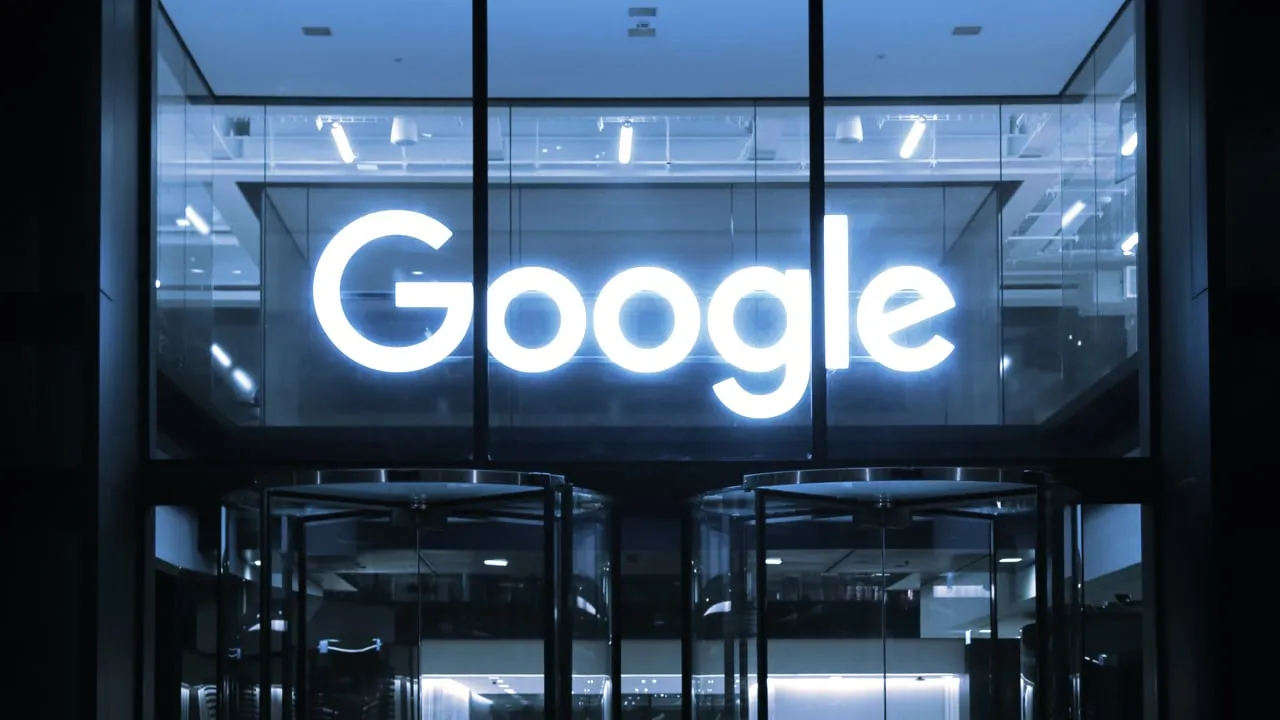Kenneth Dintzer, the top lawyer representing the U.S. Department of Justice (DOJ) in its case against Google, has accused the tech giant of stifling AI innovation by monopolizing the search market through exclusivity deals, according to a report by Bloomberg.
There are currently two high-profile antitrust cases against Google. One was filed by a group of Attorney Generals from eleven states and the DOJ back in 2020 and the other by the DOJ and Attorney Generals representing eight different states earlier this year.
The lawsuit filed in 2020 alleges that the company’s deals with clients like Apple to preload its search engine on devices and browsers violate federal antitrust laws. U.S. Judge Amit Mehta is overseeing both cases and is expected to give his verdict this summer.
In court on Thursday, Dintzer reportedly told Mehta: “What has been going on for the past 12 years is Google has been maintaining its monopoly. Would we have seen ChatGPT six years earlier? Would we see five other competitors competing for search? Those are questions none of us can answer.”
While the exact figure is unknown, Google pays billions to Apple every year to give it a competitive edge as the default search engine on the Safari web browser, which comes preloaded on iPhones, iPads, and desktop and laptop Mac computers.
“They are paying billions of dollars for these defaults,” reportedly said Dintzer. “Google keeps saying, ‘It’s because people want us.’ If people wanted it, they wouldn’t be paying billions of dollars.”
Dintzer argued that the exclusivity deals should have been terminated the moment Google had gained its monopoly.
The ChatGPT effect
Since launching in November 2022, the artificial intelligence chatbot ChatGPT has been at the forefront of conversations about AI development, though it has not been without controversy.
The blockchain community noted back in December that the learner was clever enough to exploit a smart contract.
The chatbot has also prompted fears that an AI arms race could, if unchecked, lead to catastrophic consequences should society fail to prepare adequate safeguards for the advent of human-competitive technology, also known as Artificial General Intelligence (AGI).
Last month, high-profile Bitcoin investors and tech luminaries like Twitter and Tesla CEO Elon Musk and Apple co-founder Steve Wozniak were among the 1,100 signatories calling for ChatGPT creator OpenAI to pause development on systems more intelligent that GPT-4, the current incarnation of ChatGPT.
Coinbase CEO Brian Armstrong came out in firm opposition to the proposal, arguing that “as with many technologies, there are dangers, but we should keep marching forward with progress because the good outweighs the bad.”
Count me among the people who think this is a bad idea.
There are no “experts” to adjudicate this issue, and many disparate actors will never agree. Committees and bureaucracy won’t solve anything.
As with many technologies, there are dangers, but we should keep marching… https://t.co/iM0sKOVTaw
— Brian Armstrong 🛡️ (@brian_armstrong) March 31, 2023
There are also reports of ChatGPT having intelligent hallucinations. Earlier this month Jonathan Turley, a U.S. attorney and law professor, claimed that ChatGPT accused him of committing sexual assault and made up and cited a Washington Post article to substantiate the claim.

